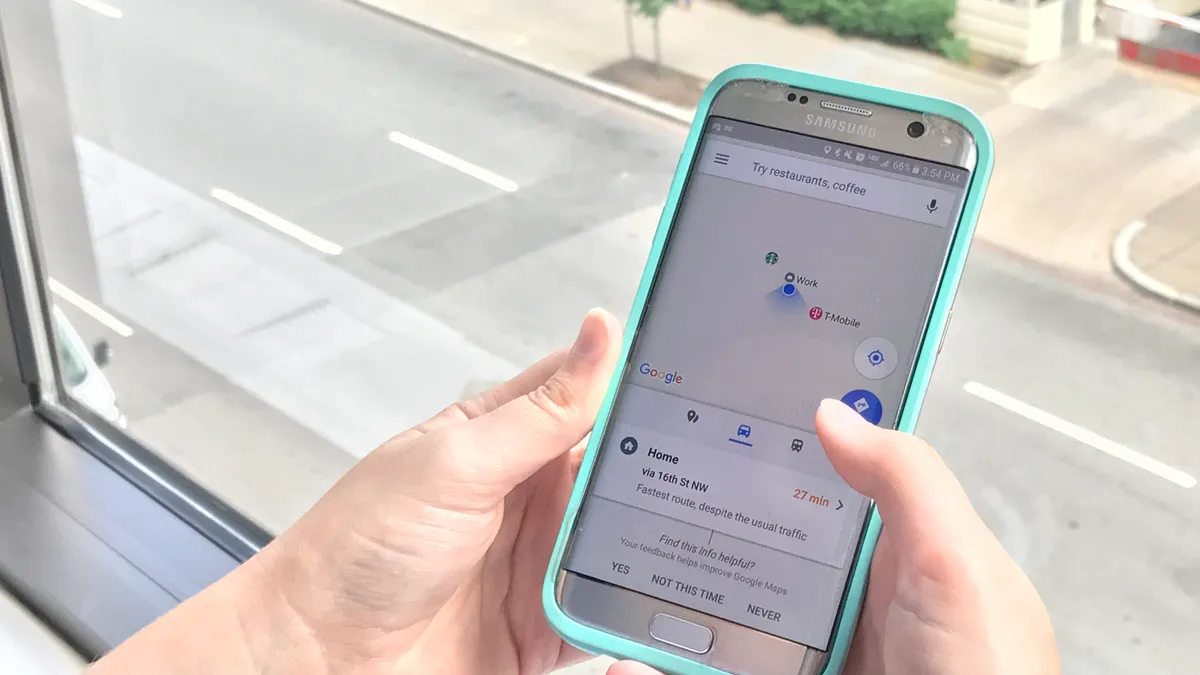Brief:
- Media-buying agency Horizon Media last week began testing location verification technology from Location Sciences. As a result, the agency is independently validating all location data for its programmatic operations including media, audience development and measurement, per an announcement.
- Horizon can now see campaign insights from the self-service dashboard of Verify, Location Sciences' location verification platform. The agency can validate that it's buying accurate location data while reducing wasted ad spend.
- Horizon also is using the platform to identity when ad impressions are delivered to fraudulent IP addresses from outside the U.S. The agency is working to expand its partnership with Location Sciences among all location-based campaigns, per the announcement.
Insight:
Horizon's collaboration with Location Sciences follows the agency's attempt to validate GPS data for mobile ad delivery. It discovered that about 25% of initial campaign impressions were delivered to customers more than 300 miles away from a targeted location. That kind of inaccuracy undermines the power of location-based advertising to reach consumers when they're near businesses including retailers, restaurants, gas stations and entertainment venues, among others. Horizon worked with its suppliers to improve efficiency and reinvest more than 30% of budgets into working media, according to its announcement.
Location data has become especially valuable since Apple last year introduced its iOS 13 mobile operating system, which led 68% of users to opt out of sharing their location information, Location Sciences found in a study published last month. The latest operating system reminds iPhone users of their location data settings and provides simple controls to let them stop sharing that information. Amid growing privacy concerns, location data likely will become scarcer, making it more valuable in tracking mobile users who consent to share their location.
Spending on location analytics is expected to grow to $15 billion by 2023 from $8.35 billion in 2017, Placer.ai said in a separate study cited by Bloomberg. Real-time location data can help to boost the effectiveness of ad campaigns, according to a report last year by location data provider Factual. However, this type of information is especially sensitive, considering how the data can be matched with an individual's home and work address, as The New York Times reported after receiving a leaked data file from a location-tracking company. However, location data companies typically aggregate and anonymize the information to guard the identities of individuals and to comply with laws such as the California Consumer Privacy Act (CCPA) that took effect this year.











